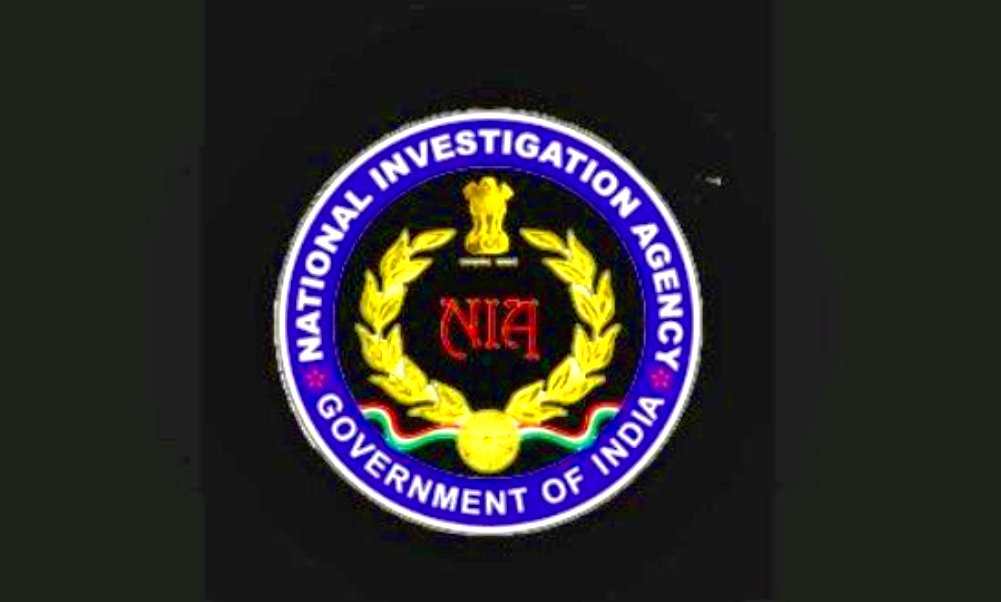Swarna Shukla-
Published on: September 11, 2021, at 13:05 IST
On September 10th, 2021 the Apex Court ruled that Magistrates cannot extend the deadline for completion of probe and filing of chargesheet under the Unlawful Activities (Prevention) Act, 1967.
A Bench headed by Justice U.U Lalit said that the only competent authority to consider such request would be the Special Court set-up under National Investigation Agency Act.
The Bench believed that such power under the first ‘proviso’ to Section 43D(2)(b) of the UAPA was vested with the abovementioned authorities, and in the absence of same, magistrates would not be competent to consider the request for extension of time to complete investigation.
The order passed on 7th September, 2021 came on an appeal filed by Sadique and others challenging the judgement passed by the Madhya Pradesh High Court.
They were arrested in connection with crime lodged with ATS police station, Bhopal District, for punishable offences under Arms Act and various Provisions of UAPA.
On completion of 90 days, applications on behalf of the applicant were moved for Bail on the grounds that no charge-sheet was filed by the investigation agency, that was rejected by Court of Chief Judicial Magistrate(CJM), Bhopal.
The matter when came into the view of High Court, it said that the said order passed is appropriate and the period available for Investigating Machinery, extended for 180 days and accused is not entitled for Bail.
The accused’s lawyer said the decision granted by the CJM, Bhopal was beyond its jurisdiction. He referred to the decision which said all offences under the UAPA, whether investigated by the National Investigation Agency or agencies of the state government, are to be tried exclusively by Special Courts set up under National Investigation Agency (NIA).
Also Read: UAPA Order Denial of Bail can be under Section 21 of NIA, says Madras HC

